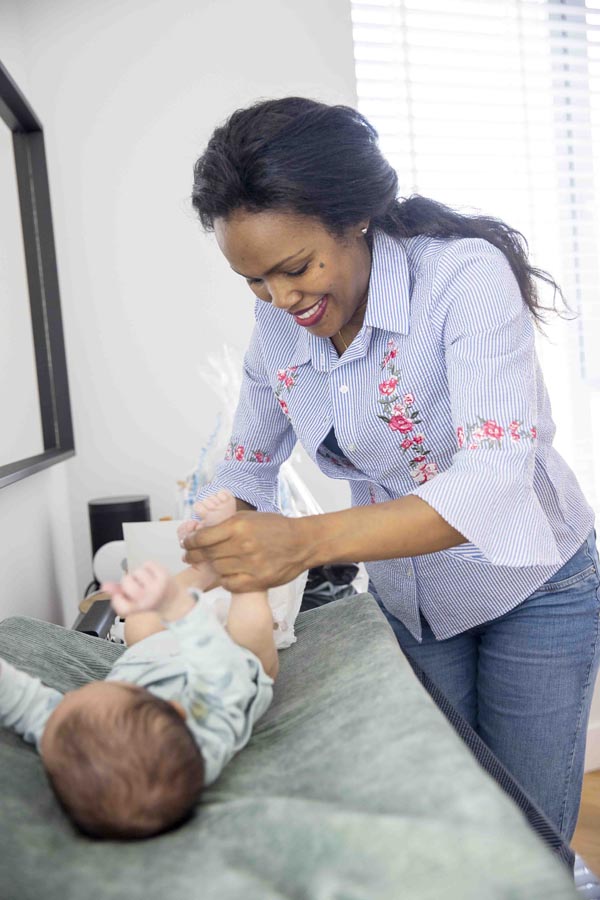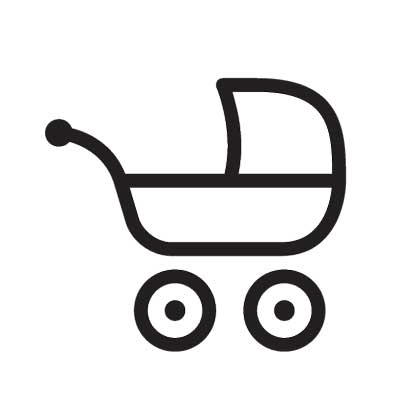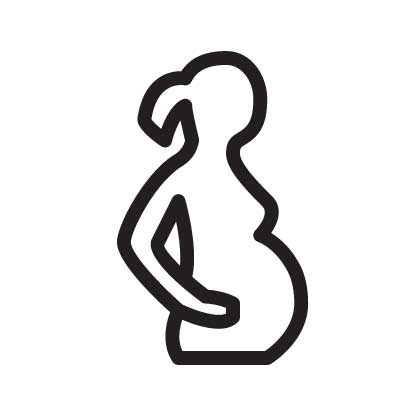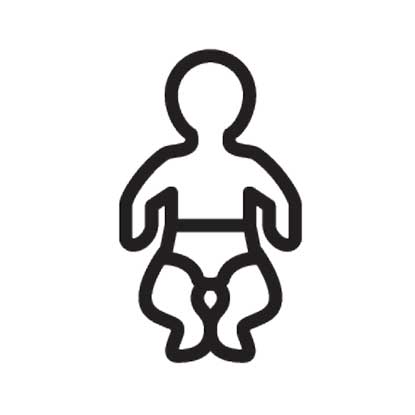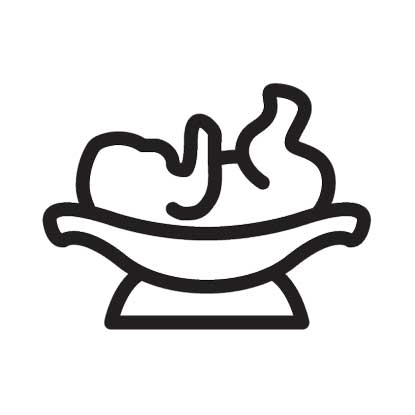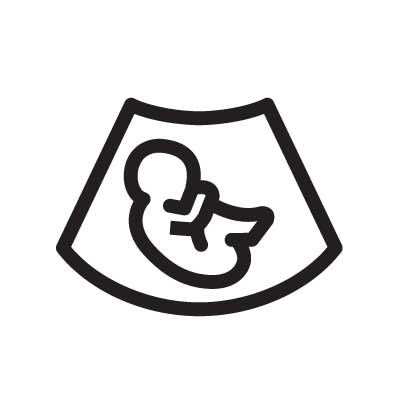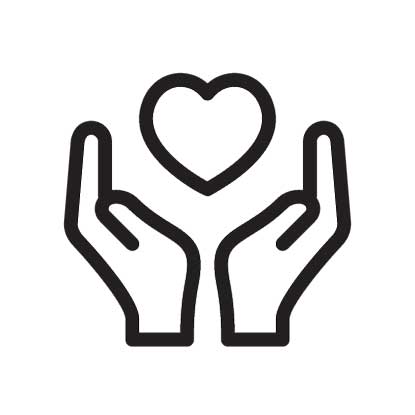Postpartum
In the first week after the birth of your child, you can still contact us with all your questions. We will visit you at home a number of times and you can call us day and night. Together with the maternity nurse, we check the health of mother and child and provide you with all the information you need to get off to a good start as a family.
Good to know
Recovery after the delivery
Ga to the page ‘Recovery after the Delivery’
First week of the child
Go to the pagr ‘First week of your child’‘
Breastfeeding or formula
Whether you will breastfeed your child or give it formula is a very personal choice that you have to make alongside your partner.
We know that breastfeeding provides your child with the most natural food. Because it contains valuable nutrients and antibodies that children need for their growth, development and health, breastfeeding is the preferred option. Breastmilk cannot be reproduced. When you can’t or don’t want to breastfeed, we can advise you about different formula products.
If you are going to breastfeed, it is important to prepare yourself for this. Also involve your partner in this, because it is known that good support from your environment is the most important factor in successfully breastfeeding. You can go to an information evening, for addresses look at ‘usefull links’. For more information you can always ask us.
After the delivery and during the postpartum period the maternity assistant and us will help you with the breastfeeding. After the postpartum period you can direct your questions to the consultationbureau or a lactation consultant.
Midwife’s tasks
During the postpartum week we, as midwives, are your first point of contact and responsible for the health of you and your child. If you have any questions or if you are worried about something you can call us day or night at 0031-(0)6-28069584.
Even if you delivered at the hospital due to medical reasons, you and your child fall under our responsibility after you return home.
The maternity assistant (kraamzorg) will do some daily check-ups, such as measuring your temperature, judging the amount of blood loss and checking-up on your stitches. She will rapport this to us.
The maternity assistant will, of course, also check-up on the health of your child: is the temperature right? Is the feeding going well? Does your child have the right color? In case of doubt, she will contact us immediately.
We will visit you a few times during the postpartum week. We discuss how the delivery went, provide you with information and answer any of your questions.
At the end of the postpartum week we will tell you that we are transferring you to the care of your general practitioner and the consultationbureau. In case you have any more questions after the postpartum week that we can give you a better answer to, you are always free to call.
Six weeks after the delivery you will come to us for the after check-up. We like to hear how the past few weeks have been and if you have recovered physically. Of course, we would also love to admire your child.
Calling instructions post-delivery period
Things to take care of
Classes after delivery
For your own recovery after the delivery it is sometimes nice to take a class. For example, there are classes that pay attention to training your pelvic muscles. You can use this as a stepping stone prior to returning to your regular exercise routine. It can also be fun to take a babymassage class along with your child.
The various classes can be found by following the following link Usefull links.
Negative feelings
Having a child is an emotional rollercoaster for the mother as well as the father. All feelings can be felt: Feelings of ultimate happiness and sitting on a pink cloud. But also insecurity: Am I doing it right? Can I handle this? Feelings of depression: Is this it? Am I suppose to enjoy this? ‘I know this is my child, but I don’t feel like a mother yet.’ The first days after the delivery most people live on adrenaline. After that the exhaustion strikes. For most women, the 4th day after the delivery is known as ‘the day of tears’. All these feelings aren’t bad, they are part of it. Getting used to being a parent takes time. It isn’t always fun. It is important that you share these feelings with one another and talk about them. That way we can jointly keep track of if things are still going well with you.
As an international or expat there is an extra factor involved; the fact that your are not in your own country, with your family and friends and your own customs.
Some mothers stay sad for months after the delivery. They are irritable, anxious and emotional. In that case a new mother can have a postpartum depression. Sometimes the complaints only start weeks of even months after the delivery. If you hesitate if you might have a postpartum depression, then talk about it to us or to your general practitioner.
Birth Control
Not long after the delivery you have to start thinking again about birth control.
It is hard to predict when you will start having you period again after giving birth. Among things, this depends on whether or not you breastfeed or use formula to feed your child. In case you breastfeed, it can take a long time (sometimes months) before you have your first period.
At the earliest you will start menstruating 4 weeks after the delivery. Sometimes it’s unclear if you are having your period or this is still blood loss from the delivery.
Prior to your first period it is possible you are already ovulating and are fertile once more. Therefore, always remember to use birth-control even if you haven’t had your period yet.
During the post partum period and the last check 6 weeks after birth, we will inform you about the different possibilities in birth control.
If you choose to have an intrauterine device (IUD), then you have the opportunity to have the IUD placed at our practice. You can also make an appointment with us for an ultrasound to check the placement of the IUD, also if the IUD was placed by somebody else.
Important: if you choose an IUD as birth control, it is important to know that you don’t have a sexually transmitted disease (STD). You can have a test through your GP or the GGD, but it is also possible to order a simple home test at Testalize me.
